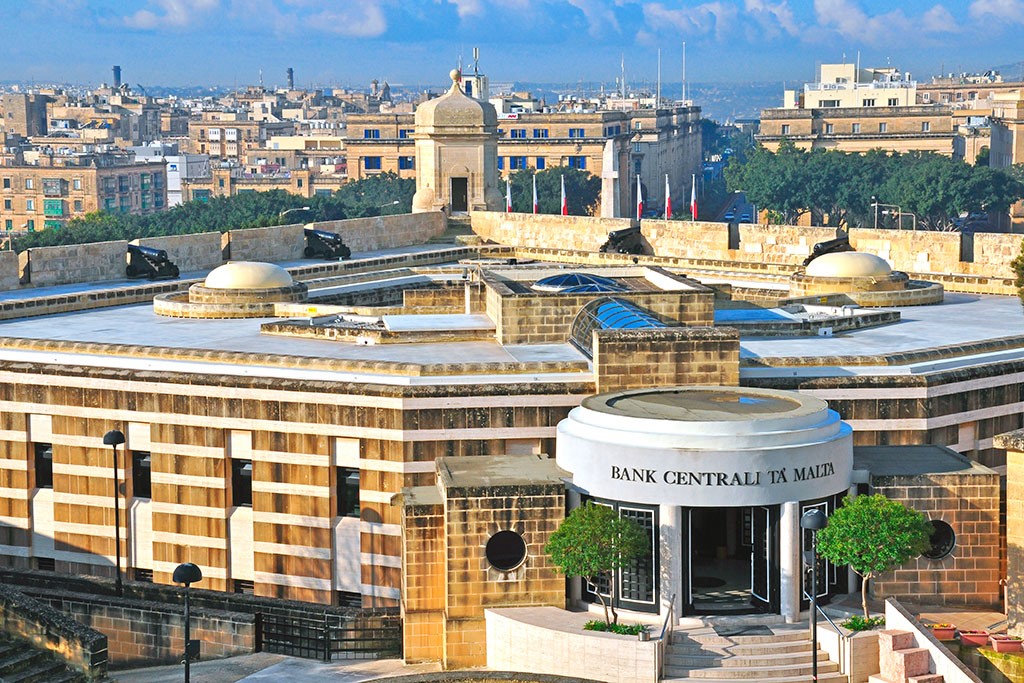The Central Bank’s latest Economic Update, released on Friday, shows improving economic activity and confidence, even as sentiment remained negative in all sectors.
In the release, the Central Bank revealed that in December, its Business Conditions Index improved when compared with the previous month. Although recent readings are higher than those for May and June, the Index continues to signal low levels of economic activity, which reflect the weak economic environment triggered by COVID-19.
This edition also includes for the first time the Bank’s estimate of the COVID-19 Government response index, which is a composite indicator that summarises various containment, economic and health-related measures introduced in response to the pandemic. At the end of December 2020, Malta’s index stood at 61.3, up from 60.0 at the end of November, but below 69.1 in the euro area.
The European Commission’s Economic Sentiment Indicator also improved in December when compared with a month earlier. Confidence rose in the services sector and, to a more limited extent, among consumers, in industry and among retail firms. Notwithstanding these developments, sentiment was negative in all sectors.
In November, industrial production contracted after having risen marginally in the previous month, while the volume of retail trade fell at a slower pace in annual terms. The number of commercial and residential permits registered smaller declines when compared with October.
The number of registered unemployed fell in November. The unemployment rate rose marginally when compared with a month earlier, but remained low both from a historical perspective and compared to other euro area Member States.
Inflation remained at a very low level in November. The annual inflation rate based on the Harmonised Index of Consumer Prices edged down to 0.2 per cent, while inflation based on the Retail Price Index edged down marginally to 0.3 per cent.
In November, the deficit on the cash-based Consolidated Fund widened when compared with a year earlier as primary Government expenditure rose and Government revenue fell.
The publication also reports on recourse to the moratorium on loan repayments offered by domestic credit institutions to residents of Malta in response to COVID-19. The value of household and corporate loans subject to a moratorium at the end of November edged down further, to €924.4 million, equivalent to 7.9 per cent of related outstanding loans, as some businesses and households resumed their loan repayments, thus signalling a recovery in income flows.
By the end of the same month, 516 facilities had been granted under the Malta Development Bank COVID-19 Guarantee Scheme, for working capital purposes, to businesses impacted by the pandemic, corresponding to total sanctioned amounts of €388.5 million.
Two years since its birth, Moneybase features on Microsoft’s Customer Stories
Moneybase has now just been featured on Microsoft’s latest Customer Stories
Finance Minister confirms continuity of food and energy subsidies
Spending on food and energy subsidies as a percentage of the GDP will be at 0.7% in 2025
MHRA congratulates Glenn Micallef on EU role, highlights positive impact on Malta’s tourism and cultural sectors
The lobby group emphasised that Malta’s cultural assets and sports scene are key factors in attracting visitors and fostering economic ...






